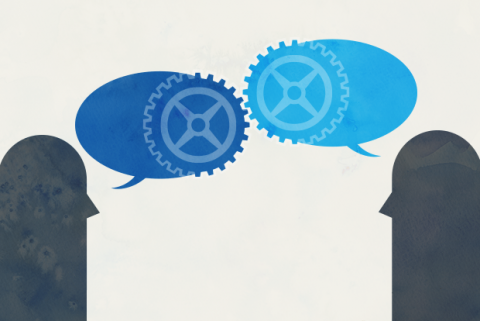[ Editor's note: This article is part of an ongoing series in which we ask CIOs and IT leaders about their toughest talent challenges – and their best retention tips. Below, Michael Spears, CIO of The National Council on Compensation Insurance, shares a few lessons he's learned. ]
Our biggest talent challenge is the velocity of change. Value drivers are shifting, infrastructure is dramatically changing, programming environments are changing rapidly, and development methodologies are changing.
Our team has been very agile and adaptable in navigating all these changes, but it is still a challenge. At this velocity, constant learning, coaching, listening, and communicating are more important than ever.
[ Read our related story: Hiring security gurus: 3 strategies to find scarce talent ]
How I retain the rising stars in my IT organization
Don’t slow down the growth of a rising star. Keep fueling them with new challenges and opportunities so they stay engaged and interested in their work. If you manage to the lowest common denominator of skills or capacity for growth, you are suppressing growth potential and development for most of your team.
We refuel engagement by experimenting with the work environment to create agile, cross-divisional teams. We’re also looking at co-location and the overall design of our space.
However, money remains a motivator for IT talent, so it is important to make sure your company is competitive with the market.
Bonus tip: Listen more than you think you should
Listening has to be an important piece of your IT culture. You probably aren’t listening to your team enough (even if you think you are.) Listen to ideas, listen for barriers – just keep listening because it is the best way to find out what concerns your team most.
If you think you’ve heard everything and don’t need to ask anymore, that is a warning sign you aren’t listening enough.
We also formed “catalyst” teams to advance culture and ideate solutions in areas where the team has passion. We have five small groups working on different topics at the moment.
The other important aspect of your IT culture is flexibility. Be as flexible as you possibly can. If you fail, you need to make sure you dig deep and understand why. Find ways to expose and challenge old thinking, rules, and unwritten cultural norms. Finally, think more about removing barriers than creating rules.
[ Read our related story: How to be a better listener: 5 steps. ]






